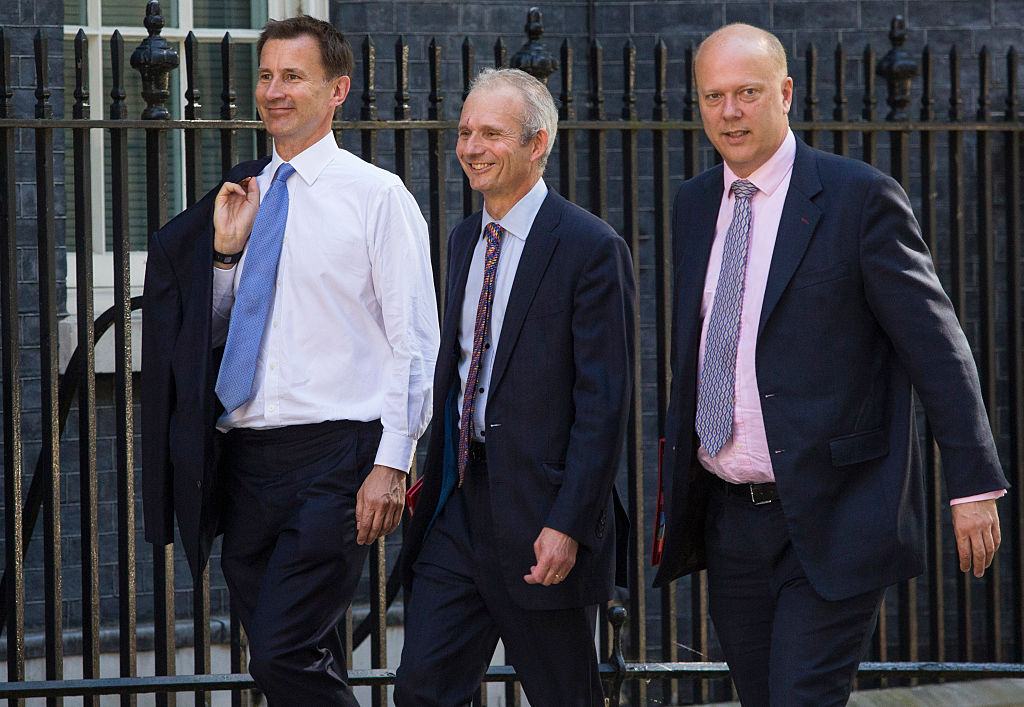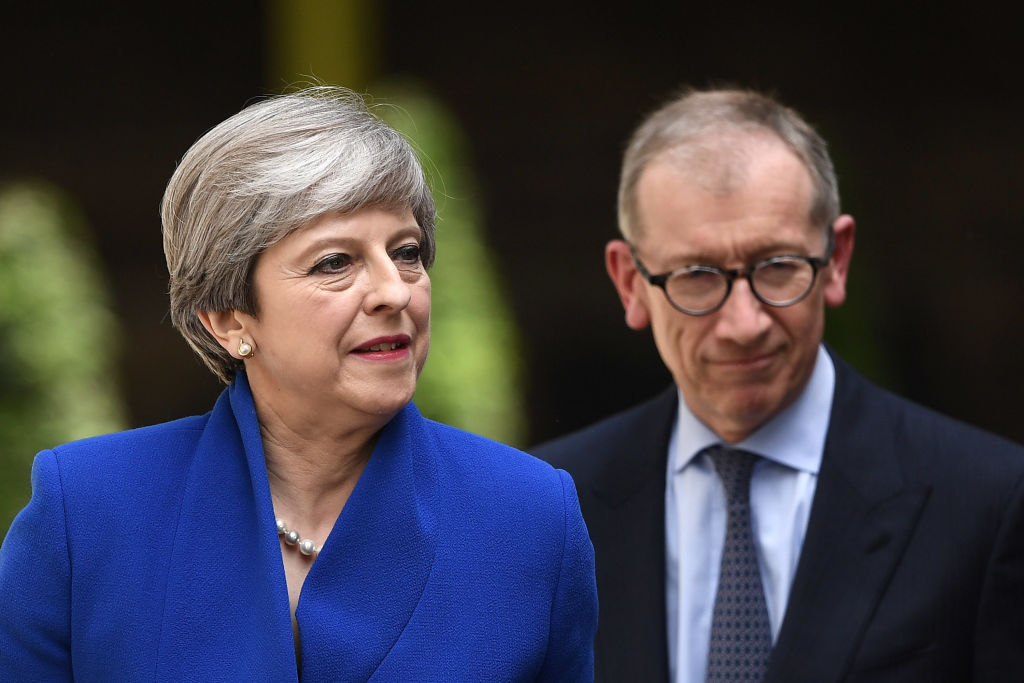Theresa May appoints anti-LGBT justice secretary with appalling gay rights voting record during DUP talks

Theresa May has appointed a justice secretary who has consistently voted against LGBT rights.
This Prime Minister reshuffled her Cabinet over the weekend after her Conservative Party lost its majority in parliament in the election.
While negotiating a deal with the Democratic Unionist Party – a Northern Irish party which opposes a raft of LGBT rights – May made David Lidington justice secretary and lord chancellor.

Lidington has an appalling record when it comes to LGBT issues, having voted against same-sex marriage on both occasions in 2013.
Speaking to his local newspaper The Bucks Herald, he claimed the purpose of marriage was “not only to provide mutual love and commitment but also for the procreation and care of children.”
In 2004, he was one of just 47 MPs who voted against the Civil Partnerships Bill.
As the minister of state for Europe in 2015, he rejected proposals to follow the United States in appointing a specialised LGBT rights envoy to lobby for equal rights around the world.
Lidington voted to maintain a ban on the promotion of homosexuality in schools – that is, teaching children that homosexuality exists – in 2003.
And from 1998 to 1999, he voted against reducing the age of consent from 18 to 16 for homosexual sex – not once, not twice, but three times.
The move is particularly worrying as it comes as a deal with the DUP is being formed.
May needs help from the Northern Irish party and its 10 MPs to avoid the perils of ruling with a minority government – but the DUP’s approach to LGBT rights is troubling.
Arlene Foster’s ultra-conservative party has previously supported the introduction of a ‘conscience clause’ to protect religious people who want to discriminate against anyone who is LGBT.

This means LGBT people could be refused service or turned down for jobs simply because of their sexuality or gender.
The DUP has stalled all progress on equal marriage in Northern Ireland, attempted to retain a lifetime ban on gay men giving blood, and opposed same-sex couples adopting children.
But when it comes to a 155-year-old law which can punish a woman with life imprisonment for terminating a pregnancy, the DUP is fully in favour.
May pledged to PinkNews that the Gender Recognition Act would be reformed in the next parliament, saying that “the legal process to change their gender can be distressing, so changes do need to be made.”
It remains to be seen how a partnership with the extremely conservative DUP would affect this promise.
On the plus side, the general election saw a record 45 LGBTQ people voted into Parliament, with a net gain of six.
The 45 represent seven percent of the new House of Commons, and is the highest level of representation ever in Britain and the world.

